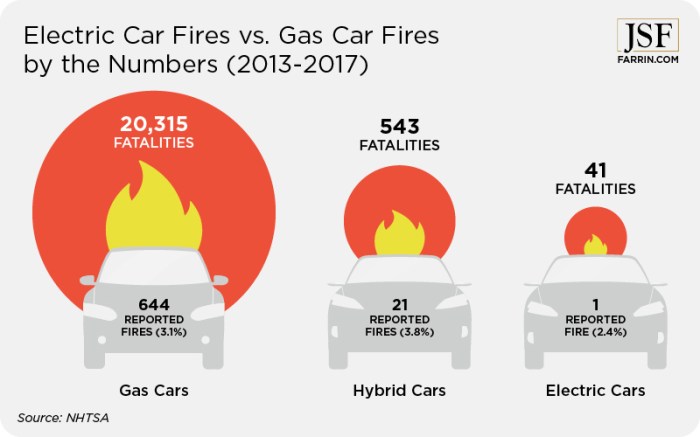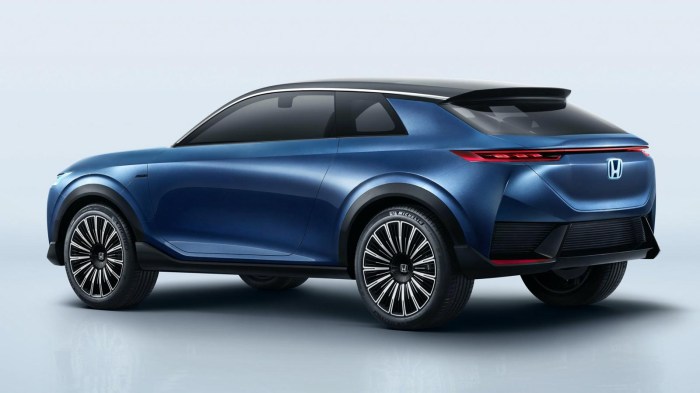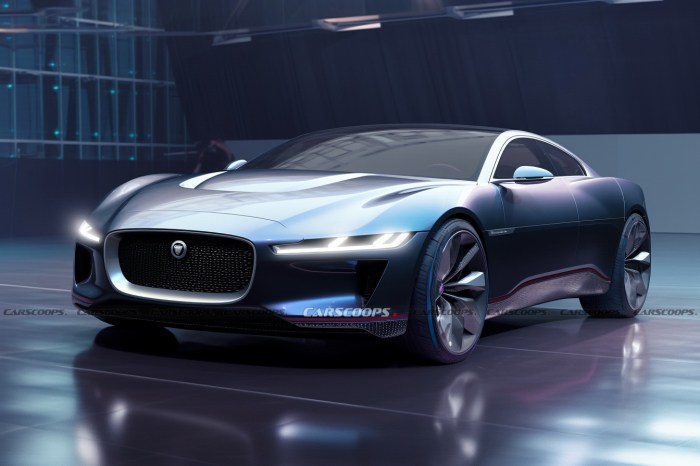The automotive landscape is rapidly evolving, with hybrid and electric vehicles (EVs) leading the charge towards a greener future. But with so many options available, choosing between a hybrid and a fully electric car can be daunting. This comprehensive guide will delve into the key differences between these two powertrain types, helping you make an informed decision in 2025 and beyond.
We’ll explore factors like cost, range, charging infrastructure, environmental impact, and performance to provide a clear picture of which technology best suits your needs and lifestyle.
Understanding Hybrid Vehicles
Hybrid cars combine an internal combustion engine (ICE) with an electric motor and battery. This setup allows for a blend of gasoline power and electric propulsion, offering several advantages. Different hybrid systems exist, ranging from mild hybrids (offering minor fuel efficiency improvements) to plug-in hybrids (PHEVs), which allow for longer electric-only driving distances.

Source: farrin.com
Types of Hybrid Systems:
- Mild Hybrids (MHEV): These systems primarily use the electric motor to assist the gasoline engine, improving fuel economy and reducing emissions. They cannot run solely on electric power.
- Full Hybrids (HEV): These systems can operate solely on electric power at lower speeds, offering better fuel efficiency than mild hybrids. The gasoline engine and electric motor work together seamlessly.
- Plug-in Hybrids (PHEV): These offer a larger battery capacity, allowing for extended electric-only driving ranges (typically 20-50 miles). They can be plugged in to recharge the battery, offering the flexibility of both electric and gasoline power.
Advantages of Hybrid Vehicles:
- Improved Fuel Economy: Hybrids generally offer better gas mileage than comparable gasoline-only vehicles.
- Reduced Emissions: Lower fuel consumption translates to reduced greenhouse gas emissions.
- Regenerative Braking: Hybrids recapture energy during braking, improving efficiency.
- No Range Anxiety: The gasoline engine acts as a backup, eliminating range anxiety associated with EVs.
- Lower Initial Cost (Generally): Hybrids typically have a lower upfront purchase price than comparable EVs.
Disadvantages of Hybrid Vehicles:
- Lower Fuel Efficiency than EVs: While better than gasoline cars, hybrids still rely on fossil fuels.
- Complexity: The combined powertrain is more complex than a gasoline engine, potentially leading to higher repair costs.
- Limited Electric-Only Range (except PHEVs): Non-PHEV hybrids offer limited electric-only driving.
Understanding Electric Vehicles
Electric vehicles (EVs) run entirely on electricity, using a battery pack to power an electric motor. They offer significant environmental benefits and a different driving experience compared to gasoline or hybrid cars.
Types of Electric Vehicles:
- Battery Electric Vehicles (BEVs): These are purely electric cars with no gasoline engine. They require regular charging.
- Fuel Cell Electric Vehicles (FCEVs): These use hydrogen fuel cells to generate electricity, offering longer ranges but limited refueling infrastructure.
Advantages of Electric Vehicles:
- Zero Tailpipe Emissions: EVs produce no greenhouse gas emissions during operation.
- Lower Running Costs: Electricity is generally cheaper than gasoline, resulting in lower fuel costs.
- Instant Torque: Electric motors provide instant acceleration and a smooth driving experience.
- Reduced Maintenance: EVs have fewer moving parts than gasoline cars, leading to less maintenance.
- Government Incentives: Many governments offer tax credits and rebates for purchasing EVs.
Disadvantages of Electric Vehicles:
- Higher Initial Cost: EVs generally have a higher purchase price than comparable gasoline or hybrid cars.
- Range Anxiety: The limited driving range on a single charge can be a concern for some drivers.
- Charging Infrastructure: The availability of public charging stations can be limited in some areas.
- Charging Time: Charging an EV takes longer than filling a gasoline tank.
- Battery Life and Replacement Cost: EV batteries have a limited lifespan and can be expensive to replace.
Hybrid vs. Electric: The 2025 Comparison
In 2025, both hybrid and electric vehicles offer compelling advantages. The “best” choice depends heavily on individual needs and circumstances. PHEVs are bridging the gap, offering the benefits of both technologies.
Factors to Consider:
- Daily Driving Distance: If your daily commute is short, a PHEV or BEV might be ideal. For longer distances, a hybrid or PHEV with a larger gasoline engine might be more practical.
- Charging Infrastructure: Access to reliable charging infrastructure is crucial for EV owners. Hybrids offer greater flexibility in this regard.
- Budget: EVs generally have higher upfront costs, but lower running costs. Hybrids offer a more affordable entry point.
- Environmental Concerns: If minimizing your carbon footprint is a priority, an EV is the clear winner.
- Technological Advancements: Battery technology is constantly improving, leading to longer ranges and faster charging times for EVs. Hybrid technology is also advancing, with more efficient systems emerging.
Frequently Asked Questions (FAQ)
- Q: Are electric cars more expensive to maintain than hybrids? A: Generally, EVs require less maintenance due to fewer moving parts, but battery replacement can be a significant expense.
- Q: How long does it take to charge an electric car? A: Charging times vary greatly depending on the charger type and battery size. Public fast chargers can add significant range in minutes, while home charging can take several hours.
- Q: What is the range of a typical electric car? A: The range of EVs varies considerably depending on the model and battery size, ranging from under 100 miles to over 300 miles on a single charge.
- Q: Are hybrid cars good for long trips? A: Yes, hybrids are well-suited for long trips as they don’t suffer from range anxiety like EVs. However, fuel efficiency might be lower compared to EVs on shorter trips.
- Q: Which is better for the environment, a hybrid or an electric car? A: Electric cars produce zero tailpipe emissions, making them better for the environment than hybrids, although the overall environmental impact depends on the electricity source used to charge them.
Conclusion
The choice between a hybrid and an electric car in 2025 is a personal one, depending on your individual needs and priorities. Both technologies offer significant advantages over traditional gasoline vehicles. Carefully consider the factors discussed above – cost, range, charging infrastructure, environmental impact, and driving habits – to determine which powertrain best aligns with your lifestyle.
Call to Action
Ready to explore your options? Visit our website to compare hybrid and electric vehicle models available in your area and find the perfect fit for your future.

Source: gaadiwaadi.com
FAQ Guide
What is the difference between a plug-in hybrid and a regular hybrid?
A plug-in hybrid (PHEV) allows you to recharge its battery externally, offering a longer all-electric range than a standard hybrid (HEV), which relies solely on regenerative braking and the internal combustion engine to charge its battery.
How long does it take to charge an electric car?
Charging times vary greatly depending on the car’s battery capacity, the charger’s power output, and the charging level. It can range from 30 minutes to several hours.
What is the lifespan of an electric car battery?
Electric car batteries typically degrade over time, but their lifespan can vary depending on usage, climate, and charging habits. Most manufacturers offer warranties covering a significant portion of the battery’s life.
Are electric cars more expensive to maintain than gasoline cars?

Source: carscoops.com
Electric cars generally have fewer moving parts than gasoline cars, potentially leading to lower maintenance costs. However, battery replacements can be expensive.
